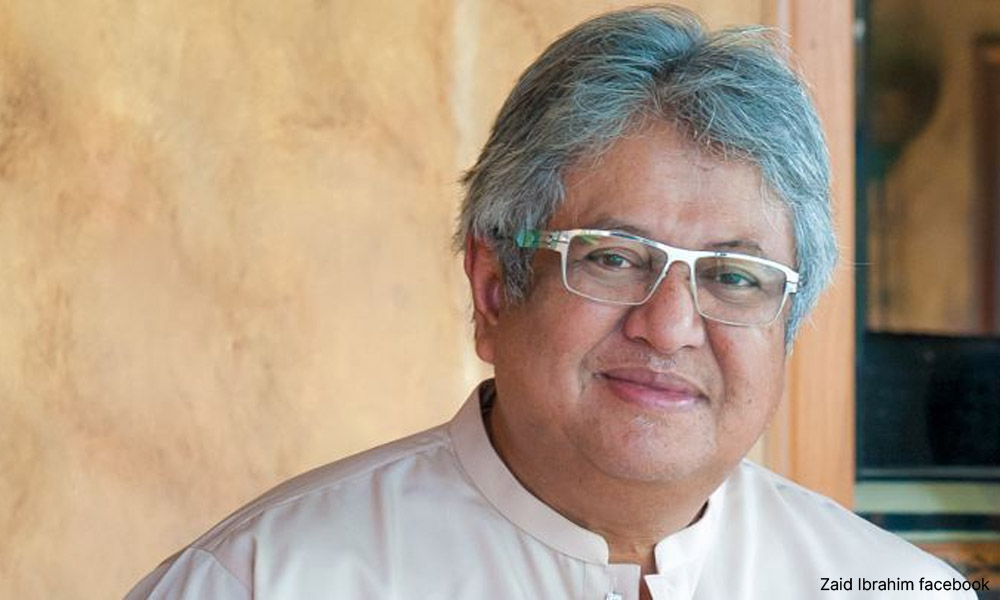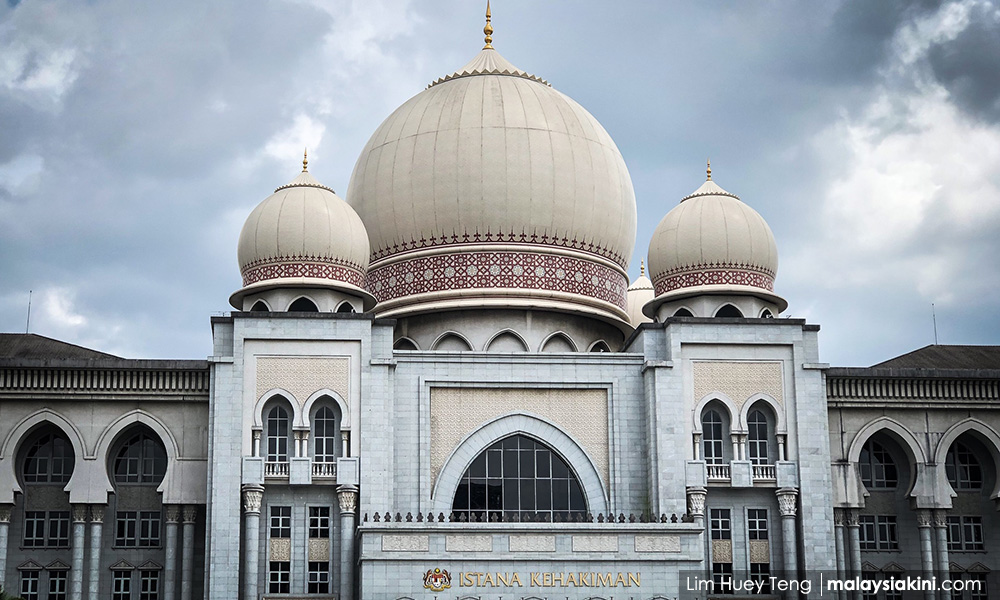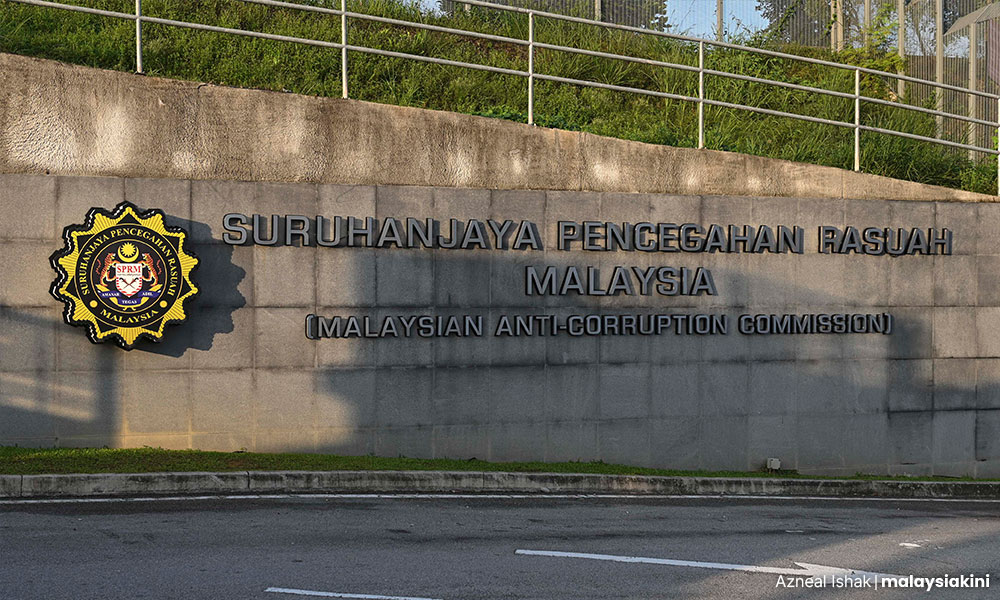When politicians lock horns, certain institutions and government agencies are trampled upon. Their rectitude is tarnished and their reputations are maligned.
The accusers are top political leaders, including former prime ministers, who lend credence to the belief that these institutions and agencies are pliant to the executive.
In 2008, just like a decade earlier, Anwar Ibrahim claimed his political rivals recruited the police and courts to send him to prison on fabricated charges.
Now as prime minister, the opposition is accusing him of doing the same - “selective prosecution”.
Before this, former prime minister Muhyiddin Yassin had claimed that his predecessor Najib Abdul Razak and Umno president Ahmad Zahid Hamidi asked him to interfere in their respective court cases, suggesting that as prime minister, he had the power to alter the course of justice.
Smashing job
At the height of the 1MDB scandal, Najib had alleged that a former prime minister was pulling the strings in various state apparatuses to topple him. In his judicial review bid, he has cast aspersions on the chief justice and trial judge who convicted him.
In essence, these politicians are doing a smashing job in further undermining public confidence in the police, MACC, Attorney-General’s Chambers, and the judiciary.

According to former law minister Zaid Ibrahim, “there are numerous parts in our legal system which need fixing”.
The most crucial, he said, is to restore public confidence and faith in the prosecution of criminal cases, especially involving high-level politicians.
“We must be the only country where criminal prosecution of former prime ministers and ministers take place with regularity but strangely not when they were in power.
“It seems like our politicians are immune when on the throne. This is not right and makes our investigative agencies and AG look suspiciously inept,” he told Malaysiakini.
Therefore, Zaid said a Public Prosecutor’s Office (PPO) must be set up, which, in practice, operates independently of the attorney-general.
“Although like in the UK, the AG may sometimes prevail and intervene in decisions of the PPO where there are national interests and security requirements, he or she does not make day-to-day decisions whether to prosecute or not.
“This detachment from the AG, who is an adviser to the prime minister, will make politically-connected cases more palatable to the public,” he added.

Zaid said the “umbilical cord” connecting key stakeholders such as the chief justice, attorney-general, MACC chief commissioner, and inspector-general of police to the prime minister must also be severed.
“The prime minister can nominate candidates but the selection process must be by an independent panel of experts and MPs. Similarly, there has to be some security of tenure for the AG and the public prosecutor. Extension of their services should be done impartially.
“When the public sees the relationship between these individuals and the prime minister is at arm's length and professionally managed, then things will look better, “ he added.

On the appointment of judges, Zaid contended that although regulated by the Judicial Appointment Commission 2009, it was somehow not diligently followed and resulted in promotions that raised eyebrows.
“Perhaps because some politicians favoured them over others. Seniority was discarded. There has to be transparency in the Palace of Justice,” he added.
For political scientist Wong Chin Huat, the middle ground of the Malaysian electorate has a pivotal role in ensuring that reforms take place.
“Politicians are 'seemingly' not corrupt until they lose power.
“What we see is not just 'selective prosecution', which may be remedied by an independent judiciary, but also 'selective impunity' (AG dropping or not pursuing charges) which has no remedy,” he said.

Concurring with Zaid, Wong also underscored the importance of separating the roles of the attorney-general and public prosecutor.
He said it is also pertinent that the MACC and police are depoliticised and subject to Parliament scrutiny as well as to have the police checked by an Independent Police Complaints and Misconduct Commission (IPCMC) “with real teeth”.
“But all these reforms require the political will, of not just the sitting government, but more so of the middle ground amongst the electorate.
“If enough voters want the Attorney-General’s Chambers, MACC, and police to be reformed, no prime minister would dare ignore such public will.
“However, if our public is highly partisan or cynical, then such reforms won't happen, both because the sitting government would want to maintain them as tools to go after their political enemies, and the institutions can easily resist such reforms to protect themselves.
“Hence, the most important actors for such reform are not the PM or MPs, but us the public ourselves. Before we blame the politicians, we must ask ourselves, do we want fair play? Would we hang our partisanship and cynicism on the wall?” he told Malaysiakini. - Mkini



No comments:
Post a Comment
Note: Only a member of this blog may post a comment.